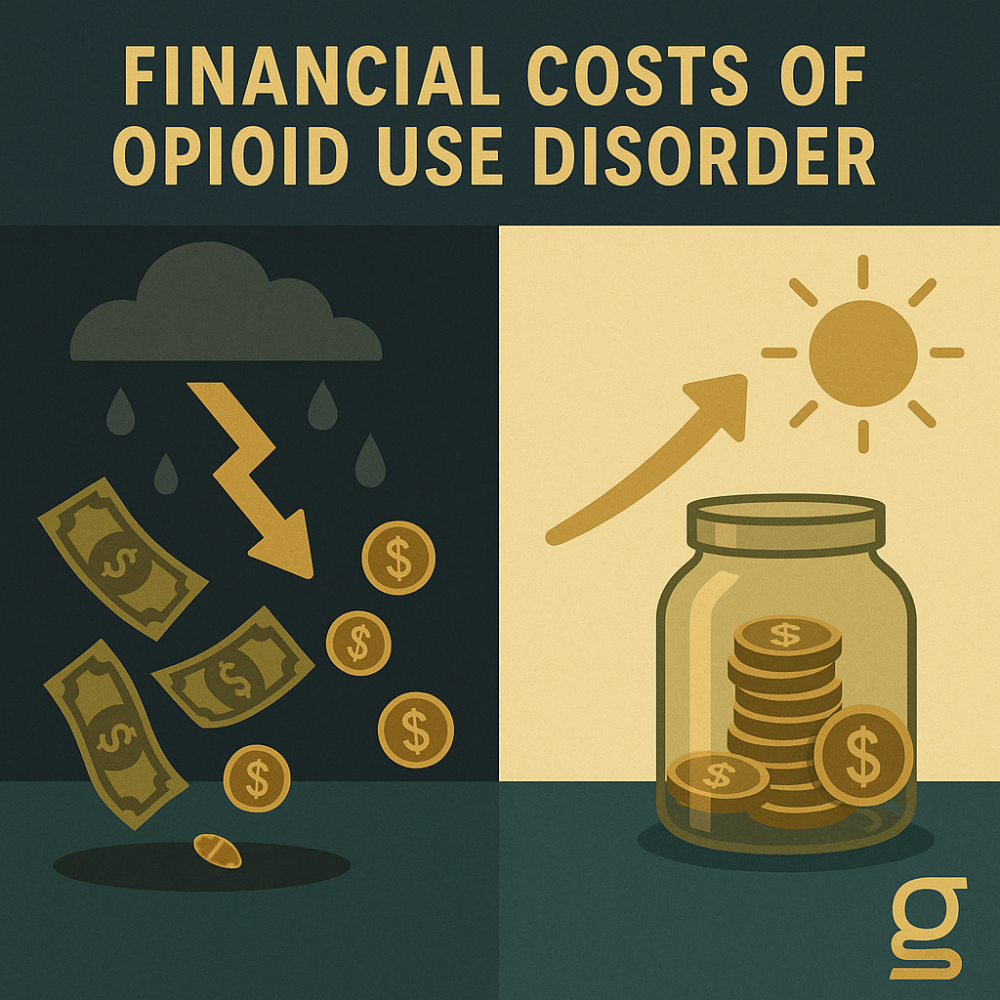Trauma is widespread. It occurs due to violence, abuse, neglect, loss, disaster, war, and other emotionally harmful experiences. According to the Substance Abuse and Mental Health Services Administration (SAMHSA), trauma is an almost universal experience of people with substance use disorders (SUDs). However, with appropriate support, people can overcome traumatic experiences. Trauma-Informed Care understands and considers the nature of trauma and promotes healing and recovery environments rather than practices and services that may re-traumatize an individual.
A Trauma-Informed Care Approach
Trauma-Informed Care is an approach in the human services field that assumes an individual is more likely than not to have a history of trauma. Trauma-Informed Care recognizes the presence of trauma symptoms and acknowledges the role trauma may play in an individual’s life.
The intention of Trauma-Informed Care is not to treat symptoms or issues related to trauma. Instead, it provides accessible and appropriate support services to those who may have experienced trauma. When a trauma-informed approach is not taken, the possibility for triggering or worsening trauma symptoms increases.
A Trauma-Informed Care approach strives to understand the whole of an individual who is seeking services. When trauma occurs, it can affect an individual’s sense of self, their sense of others, and their beliefs about the world. These beliefs can directly impact an individual’s ability or motivation to seek the help they need. When Trauma-Informed Care is implemented, the direct impact of emotional damage on access to care is recognized. Facilities can then respond by changing policies, procedures, and practices to minimize potential barriers.
The Substance Abuse and Mental Health Services Administration (SAMHSA) recommends that, when organizations and systems create a trauma-informed environment, they need to consider its requirements at every level. Trauma-informed care is centered around the patient and therefore needs to permeate every touch point of a patient experience.
The Importance of Trauma-Informed Care
Trauma-Informed Care shifts the focus from “What is wrong with a patient?” to “What happened to a patient?” Health care organizations need to have a complete picture of a patient’s life situation to provide effective services. Adopting trauma-informed practices can potentially improve patient engagement, treatment adherence, health outcomes, and provider and staff wellness.
Entering detox can be a frightening process at times. Many patients with trauma may have difficulty maintaining healthy, open relationships with a health care provider. Trauma-Informed Care offers the opportunity to engage more fully in the detox process and improve long-term outcomes.
Six Key Principles of a Trauma-Informed Approach
A trauma-informed approach reflects adherence to six key principles rather than a set of practices or procedures. These include:
- Safety
- Trustworthiness and Transparency
- Peer Support
- Collaboration and Mutuality
- Empowerment, Voice, and Choice
- Cultural, Historical, and Gender Issues
Safety
It is essential that patients and staff feel physically and psychologically safe in a detox environment. The physical environment must be safe and interpersonal interactions also must promote a sense of safety. At Gallus, we encourage our staff to take it a step further through continuing education on trauma informed care.
Trustworthiness and Transparency
The detox facility’s operations and decisions are conducted with transparency to build and maintain trust with clients and family members among staff.
Peer Support
Peer support and mutual self-help are essential for establishing safety and hope, building trust, enhancing collaboration, and utilizing one another’s stories and lived experiences to promote healing and recovery.
Collaboration and Mutuality
It is essential to place importance on partnering and the leveling of power differences between staff and clients. This demonstrates that healing happens in relationships and the meaningful sharing of power and decision-making. A detox facility that utilizes Trauma-Informed Care recognizes that everybody has a role to play in the trauma-informed approach.
Empowerment, Voice, and Choice
Throughout the detox experience and among the clients served, individuals’ strengths and experiences are recognized and built upon. A detox facility must foster a belief in clients’ importance, resilience, and that individuals, organizations, and communities can promote recovery and heal trauma.
A detox facility implementing Trauma-Informed Care understands that the experience of trauma may be a unifying aspect in the lives of those who run the facility, who provide services, and clients. The detox facility, workforce development, and services are organized to empower both staff and clients.
Cultural, Historical, and Gender Issues
A detox facility that implements Trauma-Informed Care will move past cultural stereotypes and biases based on race, ethnicity, sexual orientation, age, religion, gender identity, geography, and more. This way, access to the care needed for people from various backgrounds can be provided based on recognizing historical trauma.
The Importance of Aftercare
Detox is the first step towards recovery. At Gallus Medical Detox Centers, we implement Trauma-Informed Care to ensure our patients’ safety and comfort. We also provide a biopsychosocial evaluation to indicate an individual’s next steps in the recovery process. While an essential part of recovering from SUD, detox may only last from three to seven days. Individuals seeking treatment for trauma after a detox stay is crucial in wholly recovering from SUD. Gallus Medical Detox Centers can help.
Trauma is widespread. With appropriate support, people can overcome traumatic experiences. Trauma-Informed Care understands and considers the nature of trauma and promotes healing and recovery environments rather than practices and services that may re-traumatize an individual. Adopting trauma-informed practices can potentially improve patient engagement, treatment adherence, health outcomes, and provider and staff wellness. Entering detox can be a frightening process at times. Trauma-Informed Care offers the opportunity to engage more fully in the detox process and improve long-term outcomes.
At Gallus Medical Detox Centers, we offer proprietary, evidence-based medical protocols, as well as Trauma-Informed Care to ensure your safety and comfort. Our facilities provide you with a biopsychosocial exam to identify your next steps in recovery to give you the best chance at long-lasting sobriety. This way, you can find treatment for trauma past the detox phase of your recovery. There is dignity in healing. For more information on Trauma-Informed Care and how to start your journey to healing, contact Gallus Medical Detox Centers today.


 Steve B
Steve B 

 Casey Wilson
Casey Wilson